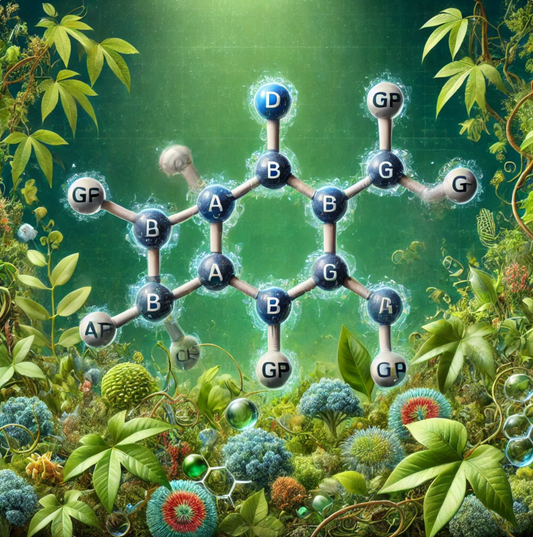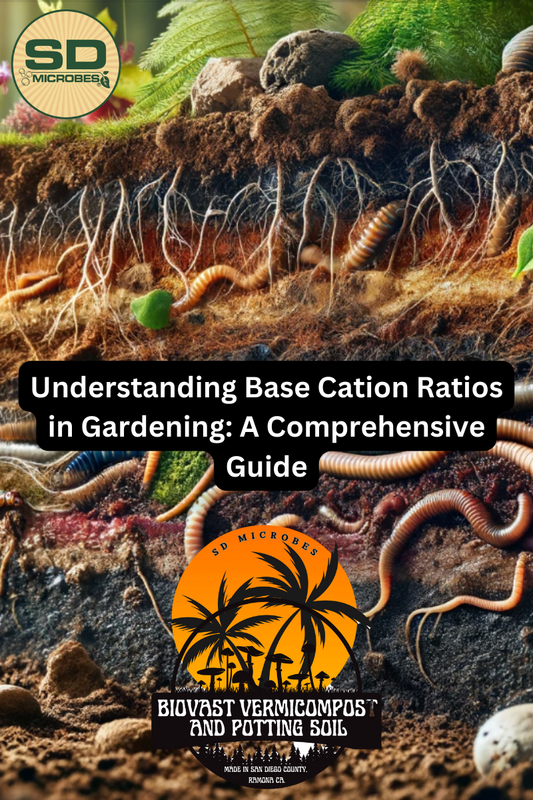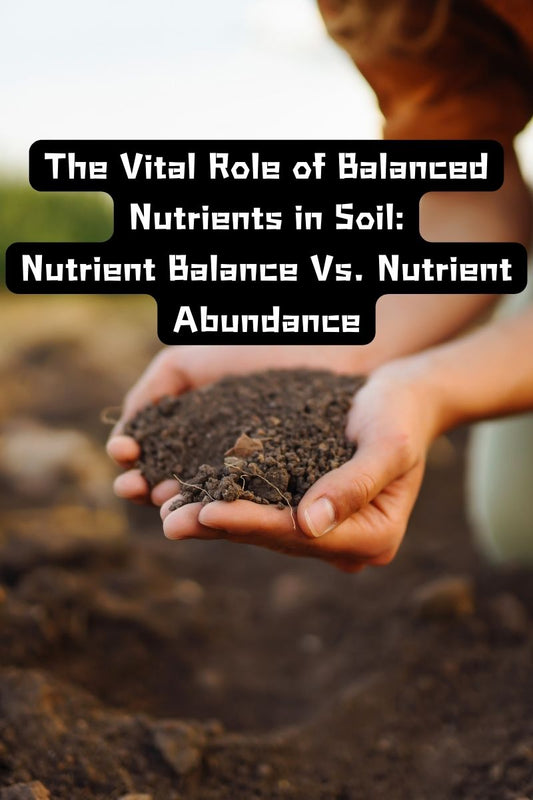The Soil Blog: Soil Tips, Growing Advice & Organic Gardening Guides

Understanding CEC in Soil: How Cation Exchange ...
CEC (Cation Exchange Capacity) is one of the most important indicators of soil fertility. It tells you how well your soil can store and deliver nutrients like calcium, magnesium, and...
Understanding CEC in Soil: How Cation Exchange ...
CEC (Cation Exchange Capacity) is one of the most important indicators of soil fertility. It tells you how well your soil can store and deliver nutrients like calcium, magnesium, and...

The Ultimate Guide to Bokashi Composting: Revol...
Discover the **Ultimate Guide to Bokashi Composting**, an efficient and sustainable way to transform kitchen waste into nutrient-rich compost. Learn how Bokashi composting differs from traditional methods, explore step-by-step instructions,...
The Ultimate Guide to Bokashi Composting: Revol...
Discover the **Ultimate Guide to Bokashi Composting**, an efficient and sustainable way to transform kitchen waste into nutrient-rich compost. Learn how Bokashi composting differs from traditional methods, explore step-by-step instructions,...

Understanding ATP in Plants and Its Connection ...
"Understanding ATP in Plants and Its Connection to Soil Health" explores the vital role of ATP in plant growth, nutrient uptake, and photosynthesis, highlighting how soil health impacts ATP production....
Understanding ATP in Plants and Its Connection ...
"Understanding ATP in Plants and Its Connection to Soil Health" explores the vital role of ATP in plant growth, nutrient uptake, and photosynthesis, highlighting how soil health impacts ATP production....

The Godfather of Living Soil! Delve into the Le...
Carey Allen Reams, an American agronomist and biophysicist, left an indelible mark on agriculture with his innovative theories and practical applications. His work in the mid-20th century continues...
The Godfather of Living Soil! Delve into the Le...
Carey Allen Reams, an American agronomist and biophysicist, left an indelible mark on agriculture with his innovative theories and practical applications. His work in the mid-20th century continues...

Understanding Base Cation Ratios in Gardening: ...
Understanding Base Cation Ratios in GardeningBase cation ratios are crucial for soil health and optimal plant growth. These ratios refer to the proportions of essential positively charged ions—calcium (Ca²⁺), magnesium...
Understanding Base Cation Ratios in Gardening: ...
Understanding Base Cation Ratios in GardeningBase cation ratios are crucial for soil health and optimal plant growth. These ratios refer to the proportions of essential positively charged ions—calcium (Ca²⁺), magnesium...

The Vital Role of Balanced Nutrients in Soil; N...
Summary:In modern agriculture, the focus on achieving balanced nutrients in soil is paramount for sustainable farming practices. While the temptation to maximize nutrient quantity may be strong, prioritizing balance over...
The Vital Role of Balanced Nutrients in Soil; N...
Summary:In modern agriculture, the focus on achieving balanced nutrients in soil is paramount for sustainable farming practices. While the temptation to maximize nutrient quantity may be strong, prioritizing balance over...